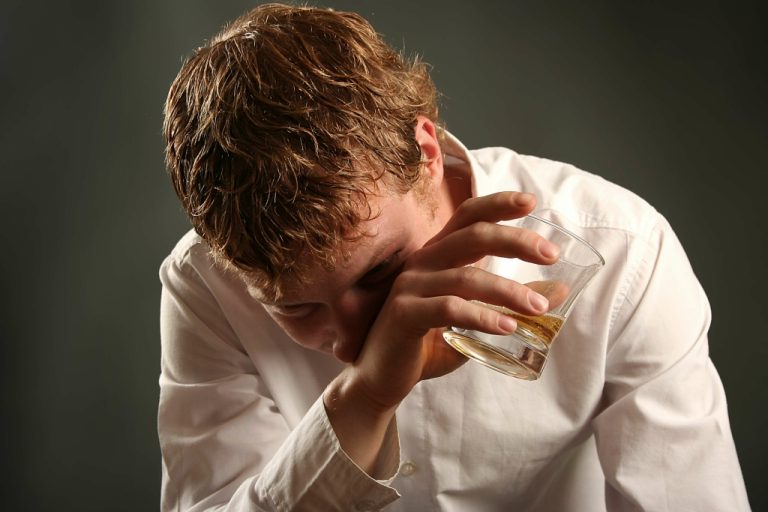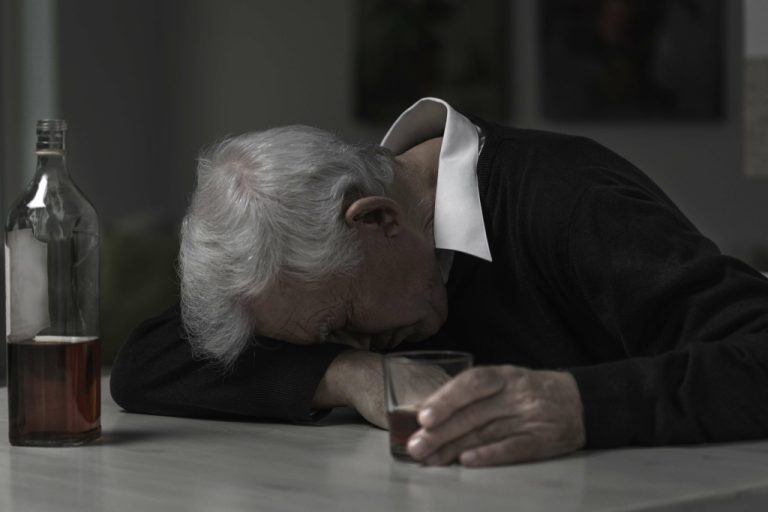The Power of Family Support
Content
When the family comes together to offer support and focus on positive outcomes as a unit, it may help prevent many of the pitfalls during recovery. If your loved one seems to be falling back into old habits or you suspect a relapse has or is actively happening, seek professional help promptly. Recovery takes time, discipline and commitment; your loved one is simultaneously experiencing the death of their old life as well and having to build a new, sober life. People can easily become overwhelmed with all of the sessions, meetings, advice and “rules” they receive in recovery.

Understanding that addiction is not a choice might help you let go of anger and resentment you may be feeling about your loved one’s addiction. Families can offer a listening ear, practical assistance, and understanding, family support in addiction recovery as their loved one navigates addiction recovery. Additionally, families can seek out addiction recovery support groups to connect with other families who are going through similar experiences.
Behavioral Couples Therapy (BCT)
Join the thousands of people that have called a treatment provider for rehab information. Every family is unique, but all families share a bond that can be used to support one another during trying times. Our phone line is open 24 hours a day, 7 days a week for free professional and confidential assessments. Our experts are here to help you sort through the many questions and concerns you may be facing. A Family & Friends message board forum and live chat room for additional support are also available in our online community website. Individual therapy is the first line of defense for someone trying to find help as the family member of an addict. It’s simple to seek out therapy if no one else in the family wants to look for help.

We invite you to visit your family member during treatment and will work with you to schedule a convenient time. We also invite you to work with your loved one in family therapy.
Helping a Loved One
This type of education is a resource that can help reduce the risk of relapse after treatment. Those individuals with family support and involvement throughout their recovery may be at a lower risk of relapsing after treatment. This is because the family is often educated about addiction, its causes, triggers, and other important factors that can help to navigate the recovery process. When involved, your family can be a reliable resource to support you as you begin your recovery journey. Those without this support typically have a higher risk of relapsing after treatment because they don’t have the extra source of accountability that the family can provide. Therefore, they may be more likely to fall back into old behaviors and habits which can then possibly lead them to relapse.
Starting off the day with a brisk run or ending the workday with a few laps in the pool may not be every family’s idea of a great time, but these exercise sessions could deliver considerable benefits. Exercise has the proven ability to reduce stress and depression.
Learn about addiction and recovery
Individual therapy focuses on you, your goals, and the things that keep you from achieving them. They are erratic, frustrated, and angry, lashing out at those closest to them. Caretakers are also martyrs of the family because they sacrifice themselves for what seems like the good of the family. Addiction is a disease, we have addiction medicine that saves lives.
How drugs can affect your family and friends?
Many family members and friends may see their loved ones deal with harsh side effects of drugs or become angry or violent when under the influence. Others may notice their loved ones lose weight rapidly and become almost unrecognizable.
While recovery might be a long bumpy road, it results in much better, loving relationships with the family. The warning signs of a substance use relapse are often different from the signs of a psychiatric relapse — and those signs depend on the specific diagnosis. The Enabler insulates the addicted individual by excusing their behaviors. The Enabler is unwilling or unable to hold the addicted individual accountable for their actions.
Go to family therapy sessions.
Family members can assume healthy roles and behaviors to encourage and support recovery. For example, a parent may play the role of the supportive but firm caregiver who encourages their loved one to take thoughtful and positive action. Healthy family roles and behaviors include holding the loved one accountable for their behavior and creating rewards for positive choices. The value of family involvement in substance abuse treatment cannot be overstated. Support from family members not only increases the likelihood of successful treatment, it can also help improve mental adjustment to addiction-free living, and even prevent relapses.
What are 4 of the withdrawal symptoms?
- not being able to sleep.
- irritability.
- changing moods.
- depression.
- anxiety.
- aches and pains.
- cravings.
- tiredness.
For example, a spouse can be supportive but firm, which can encourage their partner’s recovery. At the same time, holding the dependent person accountable is also part of healthy family roles.

